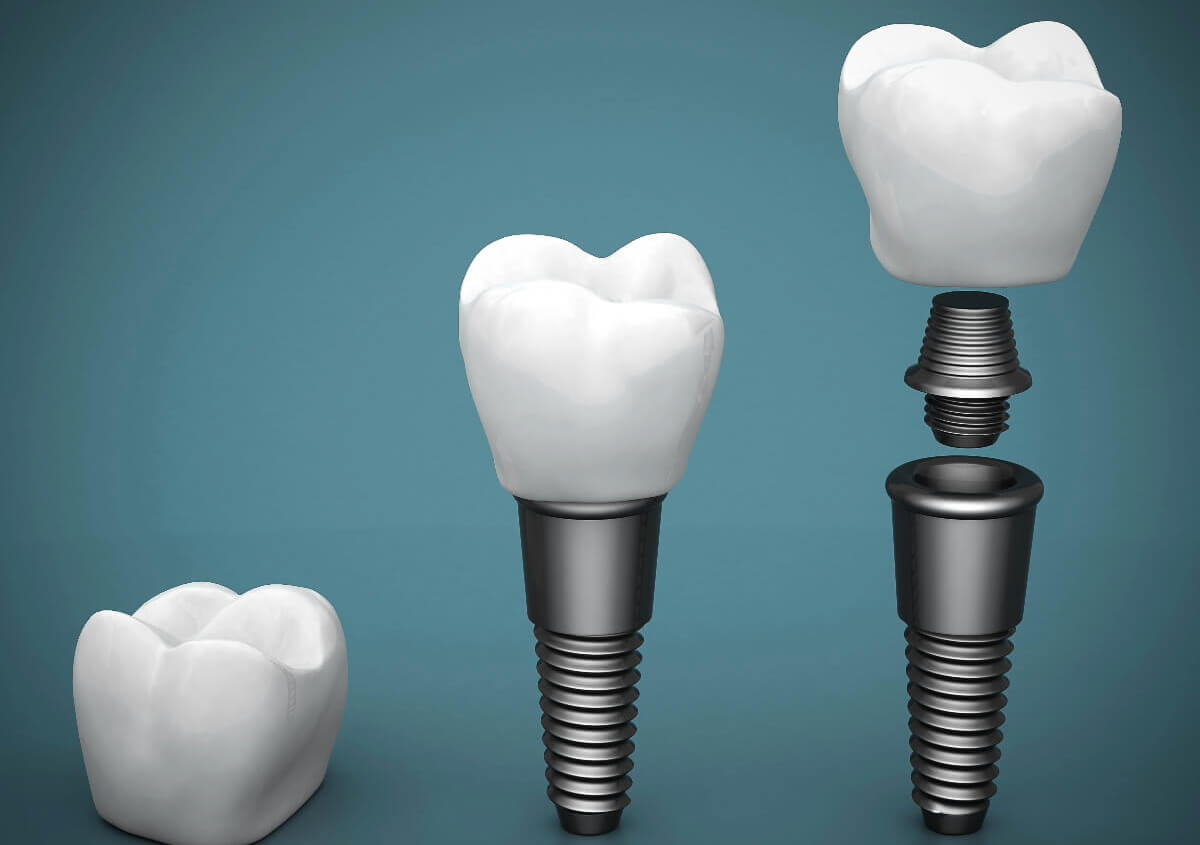, is a distinguished dental professional with a rich history of education and training, spanning over three decades. His unwavering commitment to excellence and relentless pursuit of advanced knowledge have solidified his reputation as a leader in the field of dentistry.
, Northridge (CSUN), Dr. Terence Lau attained his DDS (Doctor of Dental Surgery) degree from the
at USC where he acquired an insatiable thirst for knowledge which led him to pursue advanced training in Periodontal Prosthodontics at the
where he was introduced to dental implantology by it's inventor, Per Ingvar Branemark. Throughout his illustrious career, he has continuously improved his expertise through advanced continuing education, covering surgical and
, sedation dentistry, implant-assisted orthodontics, clear aligner therapy, regenerative periodontics and bone augmentation, and
with a special focus on minimally invasive CT guided Bio-Aesthetic Implant Surgery, soft and hard tissue regeneration and cutting-edge laser dentistry.
Dr. Terence Lau's commitment to staying at dentistry's forefront is reflected in his memberships and fellowships in prestigious organizations, including the
American Society of Osseointegration, American Academy of Implant Dentistry, American Academy of Dental Sleep Medicine, Dental Organization for Conscious Sedation (DOCS), American Association for Functional Orthodontics, American Academy of Craniofacial Pain, not to mention the
In his unwavering pursuit of advancing dental knowledge, Dr. Terence Lau founded Bio-Aesthetic Implant and Laser Solutions, dedicated to educating and mentoring fellow dentists in the areas of Dental Implantology and Laser Dentistry. He's a nationally recognized lecturer, sharing expertise on topics like Simplified Dental Implant Surgery.
His brother,
Dr. Casey Lau, DDS, embarked upon his dental career in 2002 upon joining Dr. Terence Lau and team at Mid-Valley Dental Care. He received his Doctorate of Dental Science degree from the esteemed
UCLA School of Dentistry after attaining his Bachelor of Science in Biology from UCLA.
At Mid-Valley Dental Care, Dr. Casey Lau practices a comprehensive dental philosophy centered around the principles of minimally invasive bioesthetic dentistry, with an emphasis on occlusion and orthodontics, cosmetic enhancements, regenerative periodontal therapies, and the cutting-edge realm of laser dentistry. His proficiency extends to advanced disciplines such as implantology, orthodontics, clear aligner therapy (notably Invisalign), and the art of oral sedation.
Constantly seeking innovation in dentistry, he holds membership within a constellation of professional affiliations. These include esteemed organizations such as the
American Dental Association (ADA),
California Dental Association (CDA),
Academy of General Dentistry,
International Congress of Oral Implantologists,
Academy of Osseointegration, the
International Academy of Facial Aesthetics, Dental Organization for Conscious Sedation (DOCS) ,
American Academy of Clear Aligners, and the
International Association for Orthodontics.
Beyond the realms of clinical practice, Dr. Casey Lau’s entrepreneurial spirit and commitment to oral healthcare innovation are epitomized through his joint venture with his wife in establishing Elims Oral Care, which boasts a unique line of eco-conscious oral care products. Among these offerings, his brainchild features a range of Nano-Hydroxyapatite toothpaste and fully dissolvable whitening strips, symbolizing a testament to his enduring dedication to holistic dental well-being.
They were later joined by
Dr. Kayla Lau, DDS, RDH. Dr. Kayla Lau is a dedicated dental professional whose journey in dentistry began as a dental hygienist and culminated in her earning a DDS from the prestigious
University of Southern California (USC). It was during her training at USC where she discovered that her passion lies in Biomimetic Restorative Dentistry, learning from pioneers like Dr. Pascal Magne. With a relentless commitment to excellence, she specializes in a wide range of dental services, including restorative and aesthetic dentistry, and the artful use of neuromodulators (i.e. Botox) and dermal fillers for orofacial pain relief, smile enhancement, and facial aesthetics.
Beyond her clinical expertise, Dr. Kayla is deeply committed to giving back to the community. She has been known to enjoy volunteering her time and skills to support underprivileged communities by providing essential dental hygiene care, dental work, and oral cancer screenings. Her altruistic spirit reflects her dedication to improving oral health and overall well-being in underserved populations.
As an active member of several professional organizations, including the
Academy of General Dentistry,
San Fernando Valley Dental Society,
Academy of Biomimetic Dentistry, and the
International Academy of Facial Aesthetics, as well as the
American Dental Association (ADA) and the
California Dental Association (CDA) Dr. Kayla remains at the forefront of dental innovation.
Specializing in treatments like aesthetic bonding, veneers, crowns, inlays/onlays, Invisalign, orofacial pain relief, and facial balancing, Dr. Kayla Lau's expertise, passion for Biomimetic Dentistry, and dedication to community service make her a compassionate and highly skilled professional committed to enhancing your oral health and transforming your smile.








